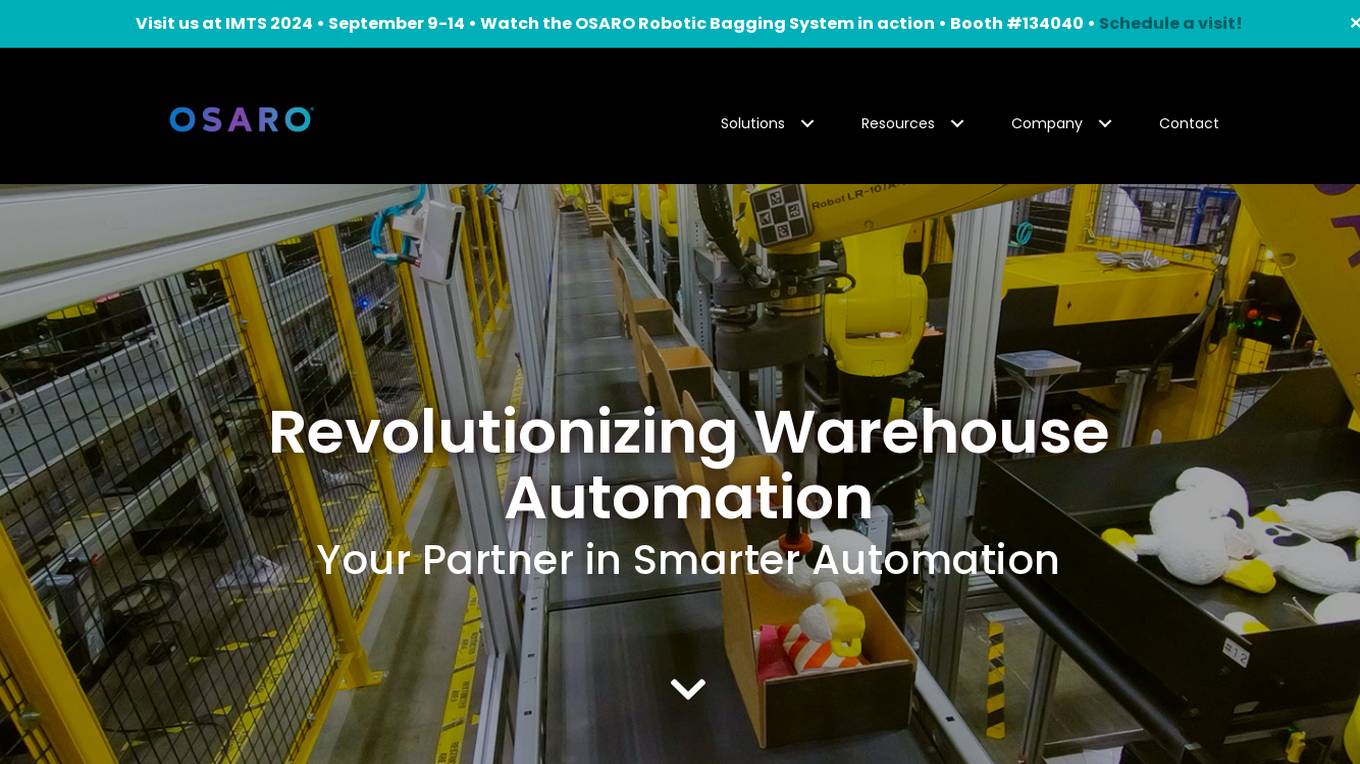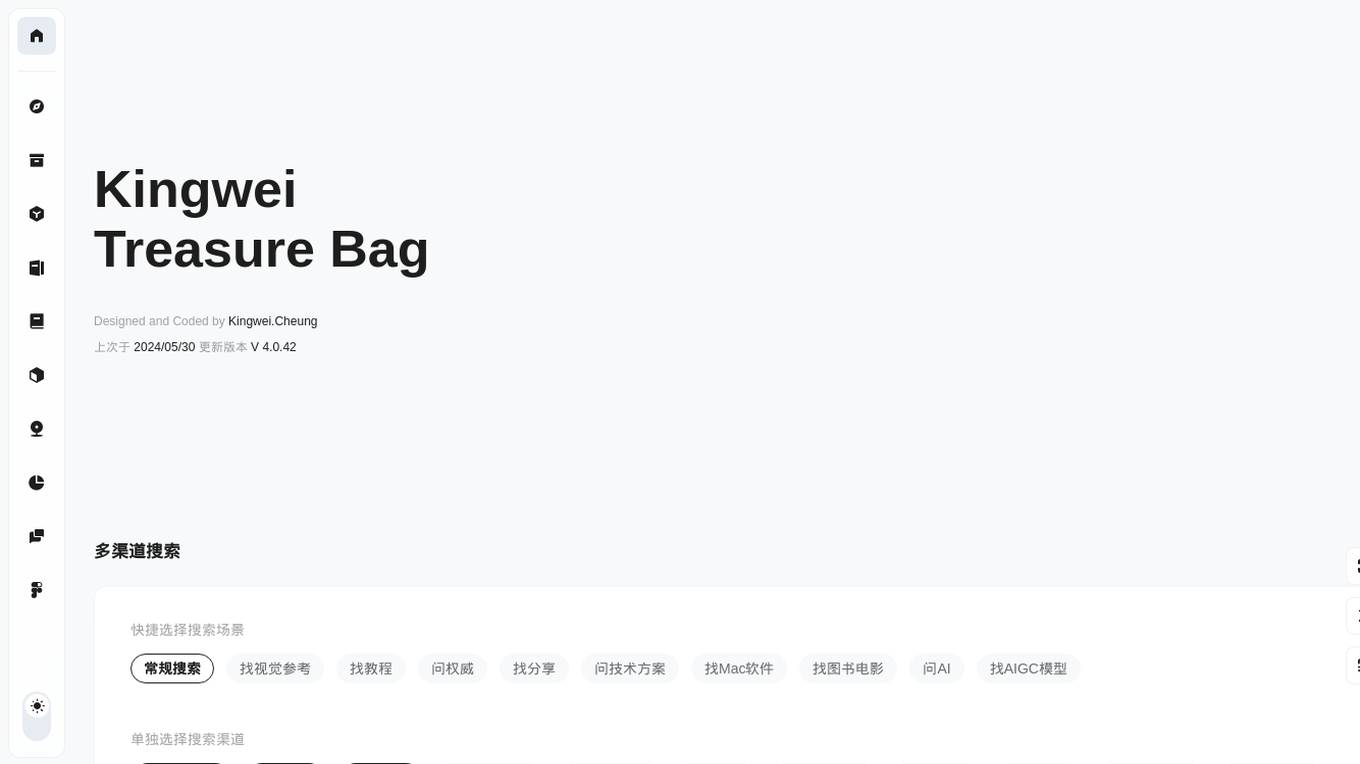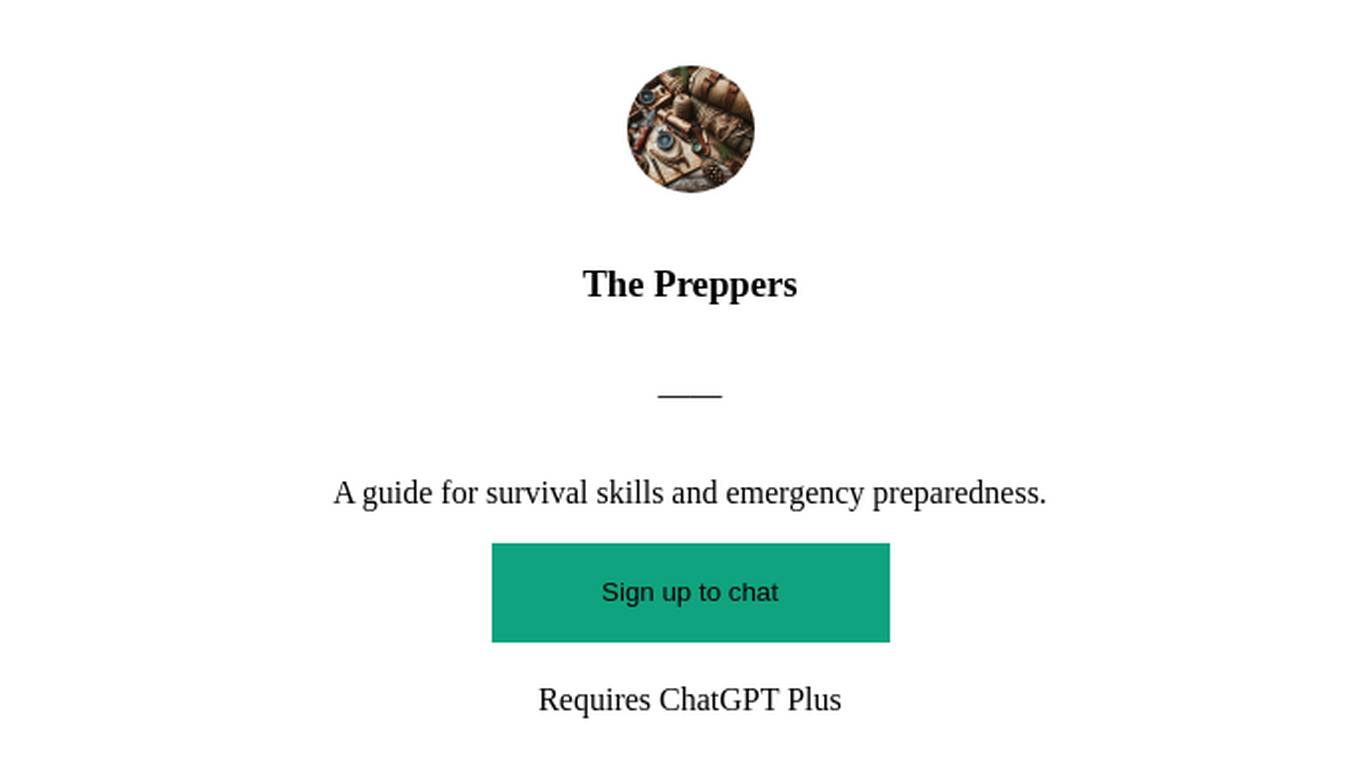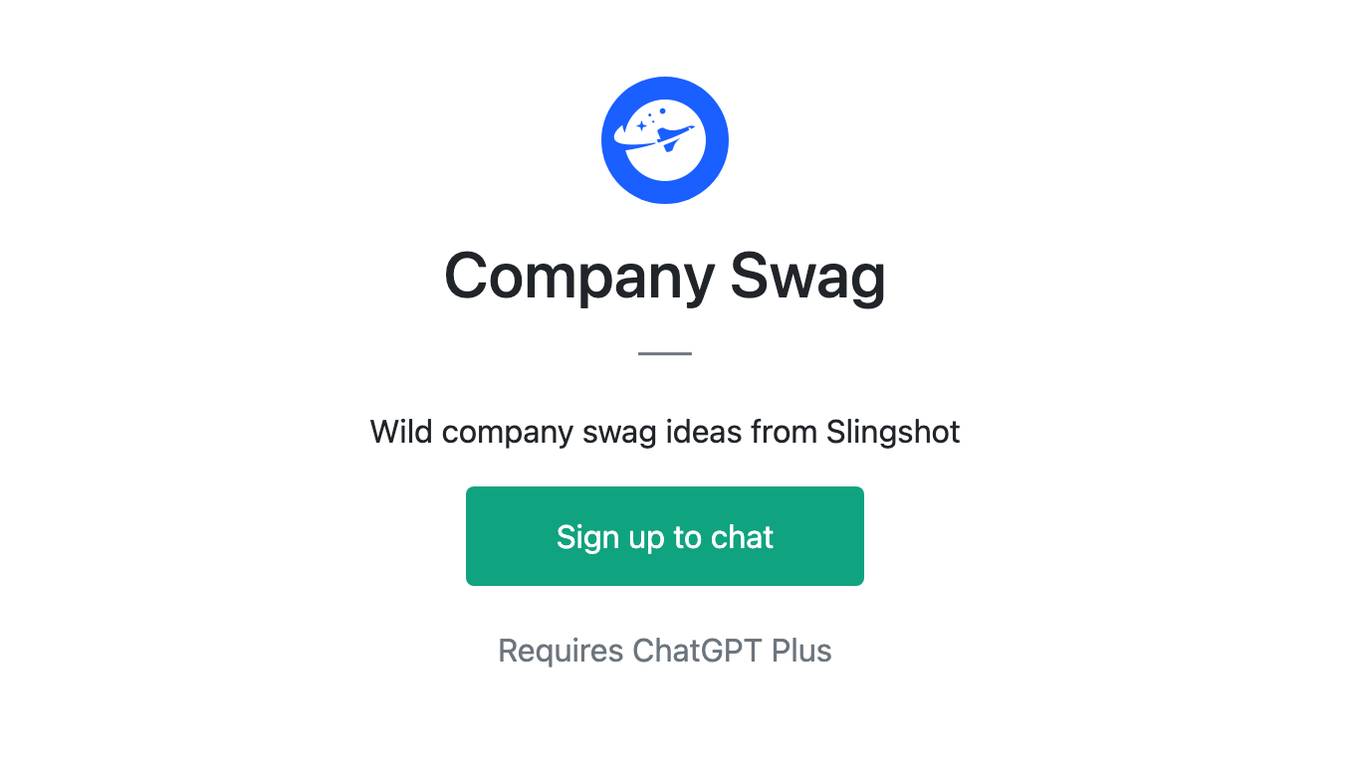Best AI tools for< Bag Goods >
2 - AI tool Sites

OSARO
OSARO is an AI-powered automation tool designed to revolutionize warehouse operations by offering cutting-edge robotic piece-picking solutions. The tool utilizes proprietary SightWorks™ perception and control software, powered by advanced machine learning, to ensure unparalleled precision and reliability in tasks such as bagging, kitting, and mixed-case depalletizing. OSARO provides adaptive robotics that seamlessly integrate with AMR/ASRS systems, enhancing efficiency and creating better job opportunities. With flexible pricing models like Robot-as-a-Service (RaaS) plans and 24/7 worldwide customer support through OSARO Hypercare™, the tool offers a low-risk investment for businesses seeking smarter automation solutions.

Kingwei Treasure Bag
Kingwei Treasure Bag is a multi-channel search tool that provides quick access to various search scenarios such as regular search, finding visual references, tutorials, authoritative answers, sharing, technical solutions, Mac software, books, movies, AI, AIGC models, and more. It offers a wide range of search channels including Google, Baidu, Bing, Pinterest, Dribbble, and many others. Additionally, it features a self-developed tool called ChatGPT for AI-powered interactions. Users can input keywords, access search history, and utilize various resources available through the platform.

